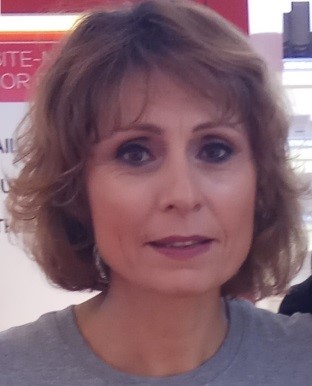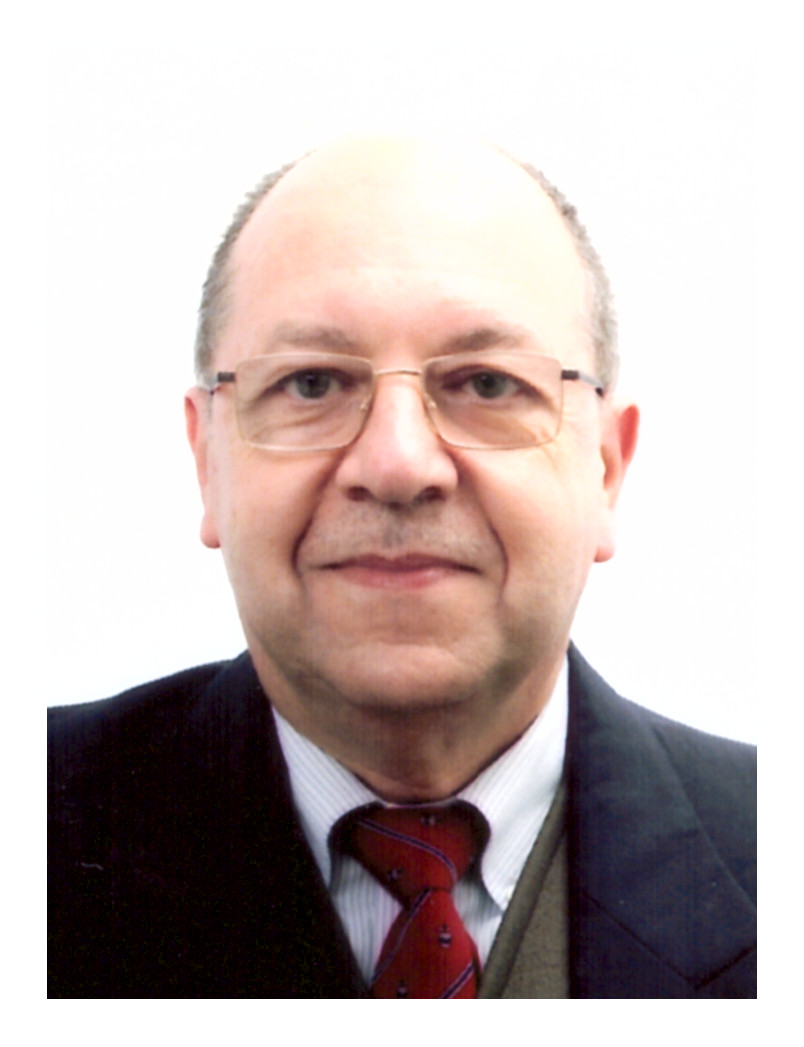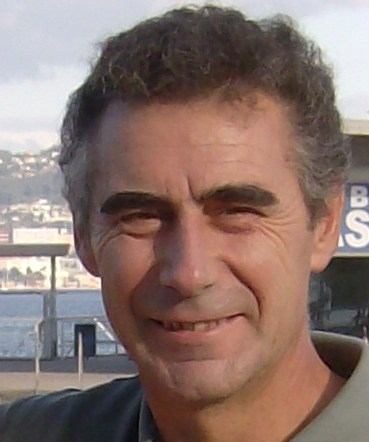Invited Speakers
Title: Deep learning in brain imaging
 |
Speaker: Petia Georgieva, Department of Electronics Telecommunications and Informatics (DETI), University of Aveiro, Portugal |
Abstract: Deep Learning (DL) methods have been rising in popularity in the past few years, and are now used as a fundamental component in various application domains such as computer vision, natural language processing, bioinformatics. Supervised learning with Convolutional Neural Networks (CNNs) has become the state of the art approach in many image related works. However, despite the great success of DL methods in other areas they remain relatively unexplored in the brain imaging field.
This talk is intended to give an overview of recent DL models applied to learn brain data structure from different sources (EcoG, EEG, fMRI) and reproduce their underlying patterns. Deep Neural Autoencoders will be presented as a promising approach to automatically extract salient features from EEG data and build a noninvasive Brain Machine Interface in the Affective Computing framework.
Biography:Petia Georgieva is Professor in Machine Learning at the Department of Electronics Telecommunications and Informatics (DETI), University of Aveiro in Portugal and senior researcher at the Institute of Electronics Engineering and Telematics of Aveiro (IEETA). She holds a Master and a PhD degrees in Control System Engineering from Technical University of Sofia and a PhD degree in Computer Science from Faculty of Engineering of University of Porto in Portugal. She has held several visiting positions. In particular, she was an invited professor at Rowan University, Glassboro, New Jersey, USA in 2016 (Spring Semester), a visiting faculty at Carnegie Mellon University, Pittsburg, USA in 2012 (Fall Semester), an invited researcher at the School of Computing and Communications, University of Lancaster, UK in 2010 (Spring Semester).
Petia Georgieva was the head of Signal Processing Lab in IEETA from 2009 to 2013, a member of the Executive Committee of the European Neural Network Society (ENNS) for 2014-2016, a member of the IEEE Working Group on ICT (2016-2018). Since 2010 she has been an EU external expert and evaluator for several research proposals and running projects from FP7 and H2020 programs of the European Commission. Dr. Georgieva is Senior member of IEEE and Senior Member of International Neural Network Society (INNS).
Her research interests are in signal processing, machine learning and data mining with strong focus on neuro-computing, brain imaging, robotics and optical communications.
Title: Fractional Calculus: The Perspective of Complex Systems
 |
Speaker: J. A. Tenreiro Machado, Institute of Engineering, Polytechnic of Porto, Portugal |
Abstract: Fractional Calculus (FC) started in 1695 when L'Hôpital wrote a letter to Leibniz asking for the meaning of Dny for n = 1/2. Starting with the ideas of Leibniz many important mathematicians developed the theoretical concepts. By the beginning of the twentieth century Olivier Heaviside applied FC in electrical engineering, but his visionary and important contributions were forgotten during several decades. Only in the eighties FC emerged associated with phenomena such as fractal and chaos and, consequently, in nonlinear dynamical. In the last years, FC become a 'new' mechanism for the analysis of dynamical systems. FC is now recognized to be an important tool to model and control systems with long range memory effects. This lecture introduces several applications in distinct areas of science and engineering based on the author’s own experience and research work during the last years. The presentation focusses advanced topics, out of the standard stream, usually followed by the scientific community, where the FC and complex systems methods reveal important properties.
Biography:J. Tenreiro Machado obtained PhD and Habilitation in Electrical and Computer Engineering in 1989 and 1995, respectively.
He is presently Principal Coordinator Professor at the Dept. of Electrical Engineering, Institute of Engineering, Polytechnic of Porto, Portugal.
His research Interests are: Complex systems, Nonlinear Dynamics, Fractional Calculus, Entropy, Modeling, Control, and Data series analysis.
Title: Security in IoT: new domains, old problems
 |
Speaker: Henrique M. Dinis Santos, University of Minho, Portugal |
Abstract: Recent developments in Internet and computer technologies allowed the emergence of new paradigms, namely the Internet of Things and subsidiary applications like Smart Cities and Industry 4.0. These new paradigms are technology driven, but they are also the result of social, demographic and economic changes in the last years. More than ever, the Cyberspace is becoming an intrinsic part of our lives, supposedly making augmenting the quality of life. But this is not always the case and (the lack of) security has a main contribution for frequent frustrations, fears and, in the worst part, criminal activity. This is not really new, but this time, with the wide deployment and the pressure to connect habits, the threats are higher than ever and new solutions need to be invented, not only to deal with the technology and its inherent complexity, but also with the exponential rise of unaware users. In this presentation we will approach the main problems and some proposed solutions.
Biography: Henrique M. Dinis Santos received his first degree in Electric and Electronic Engineering, from the University of Coimbra, Portugal, in 1984. In 1996 he received the PhD degree in Computer Engineering, from the University of the Minho, Portugal and the habilitation degree in 2013, by the same institution. Currently he is an Associate Professor at the Information Systems Department, University of Minho, being responsible for several graduate and postgraduate courses. The research work has been framed within ALGORITMI Research Centre, at the same university, where he is responsible by the supervision of several postgraduate students and the coordination of several R&D projects, mainly in the Information Security area – emphasis on Intrusion Detection, biometrical technologies and Information Security Management – and Computer Architecture area – emphasis on Computer Vision and Cloud Computing. He authored and co-authored several scientific publications in journals, conferences and books within his field of interests and co-authored a patent with an industrial partner, in 2012, in the biometric area. He is also the President of a national Technical Committee (CT 136) for information system security standardization, Vice President for Conferences and Workshops of IEEE Education Society, President of the Portuguese Association for Data Protection (APPD) and integrates frequently advice and scientific committees supporting civil, governmental and military organizations, concerning Information Security subjects. During the second semester of 1990, under an ERASMUS program, he was teaching at the University of Bristol, United Kingdom, where he was recognized as University Academic staff.


